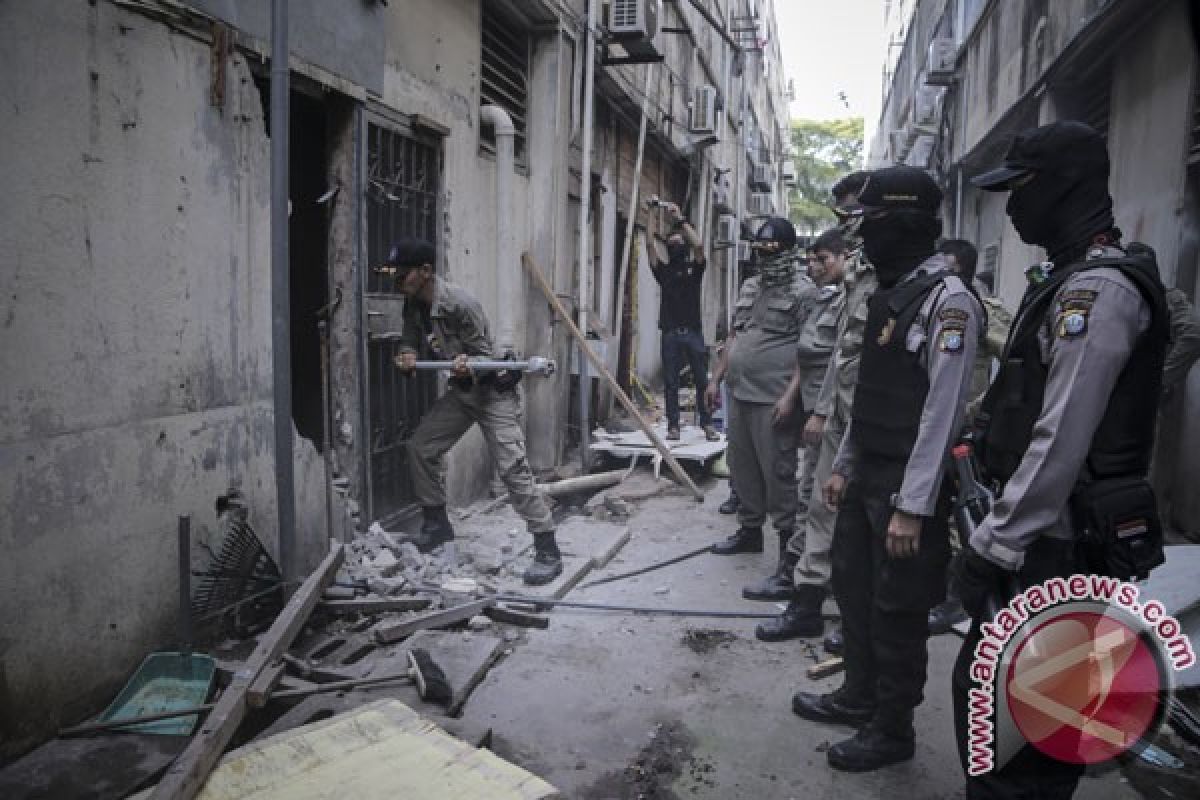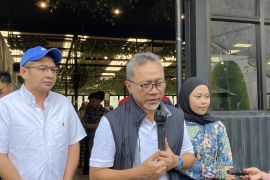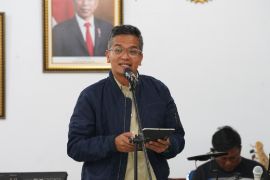Until 2017, the Ministry of Social Affairs had closed down 118 red-light districts across the country and sent more than 20 thousand commercial sex workers back to their villages to lead a normal life.
The central government continues to cooperate with the local governments in a bid to shut down red-light districts, and by 2019, the country is expected to be free from prostitution.
Social Affairs Ministry`s Director of Social Rehabilitation and Victims of Trafficking in Persons Sonny W. Manalu has stated that of the total 168 red-light districts across the county, 118 had been closed down until 2017, and the remaining 41 will follow suit.
Of the 118 red-light districts, 66 were shut down with budgetary support from the Ministry of Social Affairs, while the regional budget was used for the closure of 52 others.
Manalu explained that the total budget allocated by the Ministry of Social Affairs to support the closure of red-light districts from 2013 until 2017 had reached Rp100 billion.
The successful shut down of the red-light districts was also supported through sound cooperation between the central and local governments, especially social services and active participation of the related parties.
The closure of red-light districts as the government`s commitment to make Indonesia free of prostitution by 2019 has become one of the mandates that should be fulfilled by the Ministry of Social Affairs, through the Directorate of Social Rehabilitation and Victims of Trafficking in Persons.
"Having closed down 118 red-light districts within four years was not an easy task, as many challenges were faced," Manalu remarked.
Manalu opined that the biggest challenge faced in conducting social rehabilitation of sex workers was when they had to be sent back to their respective villages with no income and livelihood.
However, the Social Reintegration Program is needed to prevent sex workers from returning to their original profession by providing access to beneficiaries to obtain business venture capital and acquire business skills.
Assistance in the form of Productive Economic Business, worth Rp5 million, is provided to each beneficiary, and through the provision of stimulant funds, it is expected that former sex workers would be able to develop the business well after returning to their areas of origin.
Manalu explained that of the 118 red-light districts that were closed down, most were in East Java where Mayor of Surabaya Tri Rismaharini had shut down the Gang Dolly red-light district in June 2014 and sent back sex workers to their respective hometowns to start a new life.
Gang Dolly had been operating as a brothel complex since 1967 when a prostitute named Dolly Khavit opened the first brothel there under the government`s localization scheme to centralize prostitution in Surabaya, but historical information indicates that the area had been a red-light district since the Dutch colonial era.
After almost four years of posturing and threats from both local and regional government officials in East Java, the forced closure of Southeast Asia`s largest red-light district was finally accomplished on June 18, 2014, as the police moved in to secure the area despite virulent opposition from local sex workers, pimps, and other residents whose livelihoods were dependent on the area`s bustling sex trade.
Later in February 2016, bulldozers started demolishing hundreds of buildings in Jakarta`s largest red-light district of Kali Jodo, as part of a nationwide effort to eradicate prostitution in the world`s most populous Muslim-majority nation.
Kalijodo, long home to thousands of sex workers, was the latest of the nearly 70 red-light districts shut down in Indonesia at the time.
Prostitution is illegal in Indonesia but rampant in most major cities.
While prostitution is illegal in most countries, it is legal and well-established in some.
Numerous publications and most forms of entertainment today, emphasizing on sex appeal as prevalent in every area of life, greatly adds to this immoral institution.
Most women join prostitution due to an addiction to drugs, while some are forced into it by their providers, who are known as pimps.
However, young teen prostitutes adopt this lifestyle as an escape and later find themselves trapped in a life they no longer want to lead.
The rampancy of prostitution cannot solely be attributed to economic problems but to leading a luxurious lifestyle as well, Social Affairs Minister Khofifah Indar Parawansa has pointed out.
A highly materialistic lifestyle has a tendency towards a high level of consumerism, according to Parawansa.
"High-class prostitution is certainly not because of an economic problem but a lifestyle. If the level of consumerism is high, it is likely that the demand is also very high, and the fulfillment of the demand must be met," the minister remarked.
Prostitutes did not necessarily enter this profession owing to debts or poverty but were drawn to it by a lure for leading a luxurious or glamorous lifestyle.
Many believed it was a kind of freedom to have, but several others felt trapped in a lifestyle they no longer wanted to be a part of and had sought a different life.
With the risk of being raped, beaten, robbed, or infected, women also chose this as their profession to support their drug addiction habits or for the measly income it provided.
Although many claimed it was a personal choice, numerous prostitutes described their services as slavery, as they were controlled and paid for.
Prostitution was a social problem that needed the involvement of all parties to resolve it, according to Minister Parawansa.
Within the system of prostitution, there is slavery. With or without certification, you can find exploitation, criminalization, human and even child trafficking there, according to Parawansa.
Hence, numerous efforts have been made to make Indonesia free from prostitution by 2019 through the Prostitution-Free National Movement launched in 2015.
(T.O001/A/KR-BSR/F001)
Reporter: Otniel Tamindael
Editor: Heru Purwanto
Copyright © ANTARA 2018












